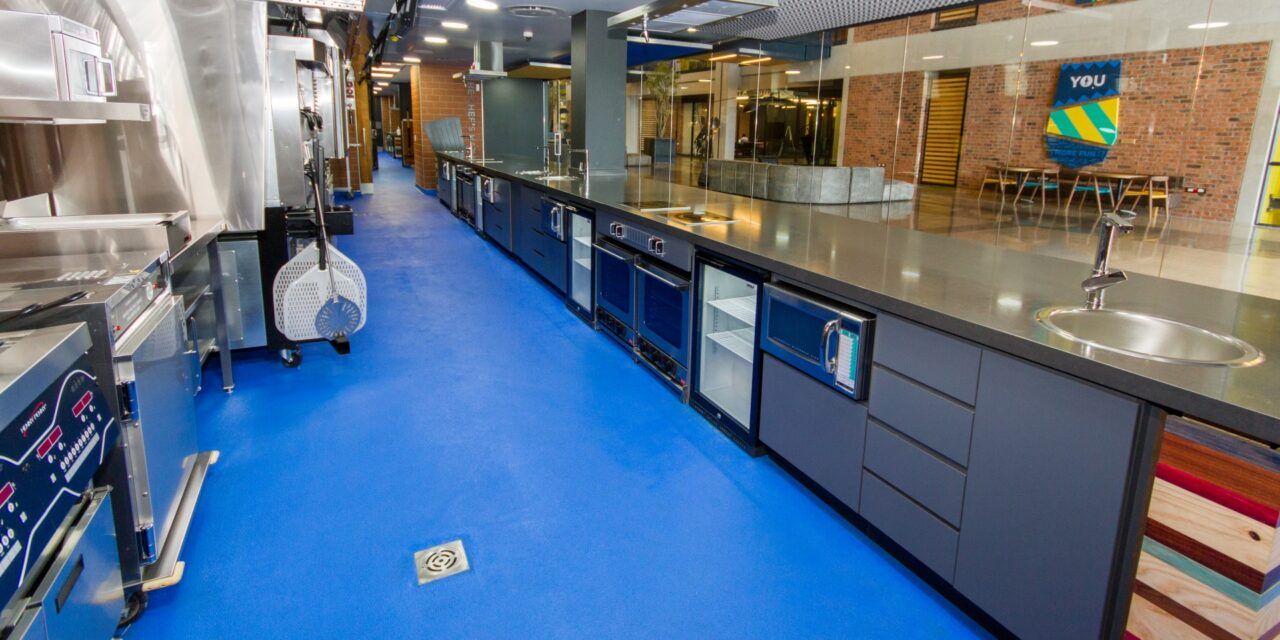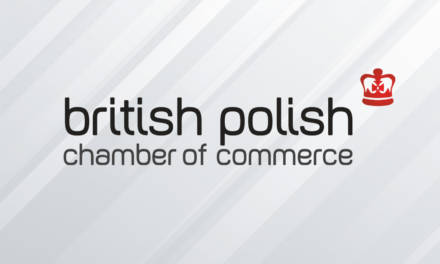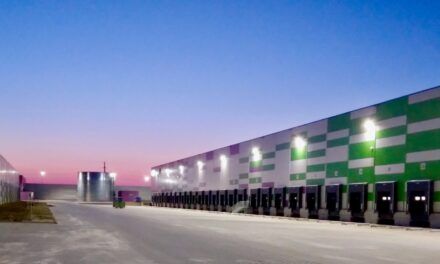Warsaw, 20 October 2022 – The initiator of International Chef’s Day, celebrated on October 20, was Bill Gallagher, a long-term chairman of the World Association of Chefs’ Societies (WACS). The purpose of establishing an annual holiday was to popularize knowledge about this profession.
Kitchens, which are a professional background for companies operating in the catering industry, including restaurants or hotels, are places where chefs work every day. The cooking areas should be properly arranged and equipped to be functional, safe and enable effective work.
On the occasion of International Chef’s Day, Flowcrete experts suggest which features of resin floors are decisive in the case of typical loads occurring in professional gastronomic kitchens.
- Easy cleaning
When preparing and serving meals, dirt can easily appear on the floor surface. It should be removed quickly and efficiently. For this reason, in industrial kitchens, seamless resin floors are used, with surface divisions kept to a minimum. Due to the lack of joints in which the dirt typical of the kitchen could accumulate, it is easy to keep it clean, despite the intensive conditions of use.
The tight connection of the floor system with drainage (linear or point), the mapping of the slopes formed in the concrete substrate as well as the sealing and appropriate shaping of the contact between the floor and the wall by making coves of the appropriate height and cornering of the intersections are also of great importance. The rounded profile of the cove allows the brushes in washing machines to reach all points of the floor.
- High hygienic standard
Industrial kitchens are among the rooms which, due to the activities related to the preparation of the meals, should meet the highest hygienic requirements. In such conditions, antimicrobial floors from the Flowfresh range work well. These are flooring systems based on polyurethane resins and selected cement and aggregates. They contain a special additive based on silver ions – Polygiene®, which reduces the number of microorganisms on the floor surface by up to 99.9%. Floors from the Flowfresh range are certified by HACCP International, which confirms that they meet the highest global standards of quality and food safety.
- Anti-slip surface
When preparing meals, local contamination of the floor may occur, e.g. as a result of spilling various types of liquids, such as milk, oil or juices, splashes of fat during frying, spilling sugar or flour etc. Any such dirt should be removed on an ongoing basis. Nevertheless, for the safety of people working in the kitchen, the floor in food preparation and serving areas should have anti-slip properties adapted to the conditions of use. In typically wet rooms, e.g. dishwashing rooms or cold rooms, floors with an increased degree of anti-slip are used, e.g. Flowfresh SR – with quartz sand. In kitchens, where high anti-slip properties are not required, cementitious polyurethane floors with a structure resulting from the properties of aggregates used in the flooring mix work well.
- Resistance to various temperature
In cooking, frying and baking areas, the floor may be exposed to very high or low temperatures for a short time, e.g. from occasional spills of hot or chilled substances, from ovens and kettles, and hot or frozen products. For this reason, when choosing a flooring solution for an industrial kitchen, one should pay attention to the parameter describing its thermal resistance.
In the case of floors from the Flowfresh group, the range of thermal resistance depends on the thickness of the resin floor, e.g. with a thickness of 6 mm, they are temperature resistant in the range from -25oC to + 90oC, and in the case of a thickness of 9 mm – from -40oC to +120oC. These parameters are particularly important if gastronomy technology assumes washing the floor with steam or hot water under pressure. In this case, the type of flooring must be discussed in detail with the manufacturer, taking into account the maximum permissible temperature and pressure parameters as well as the frequency and duration of such treatments.
- Chemical resistance
Due to the potential contact of the floor with various substances used in the process of preparing meals, e.g. sugar, fat and acids, as well as with detergents used for cleaning – it is important that the floor used in the catering kitchen is non-absorbent and resistant to these substances and for stains. For use in professional industrial kitchens, flooring systems with high chemical resistance, antimicrobial, dedicated to the food industry, resistant to typical organic substances and cleaning agents used in food production are suitable.
- Mechanical strength
Professional restaurant or hotel kitchens use, among others, gastronomic and waiter trolleys – for serving meals, storing trays and transporting boxes and various types of containers. Due to the intense pedestrian and vehicle traffic, the floor in the back of the restaurant, especially on communication routes, should be abrasion resistant. Its mechanical resistance to impact is also important, e.g. as a result of the potential dropping of heavy objects, such as dishes or cutlery, from a great height. Choosing a durable solution that meets the demanding conditions of use is important for hygiene, as any damage to the floor surface, being difficult to clean, could pose a potential contamination risk.
When choosing a flooring system for an industrial kitchen, it is worth asking for advice from resin flooring experts who, considering the expected loads, will advise the optimal solution based on their knowledge and experience.



























